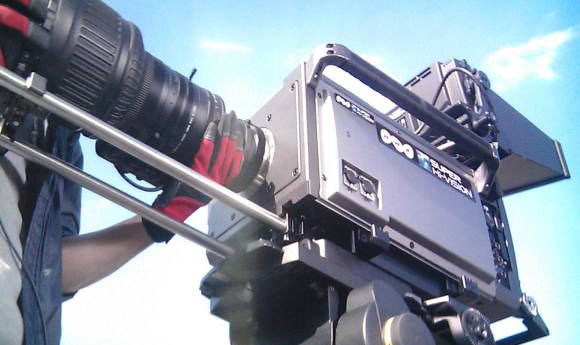
The FCC yesterday released its latest pricing data on pay-TV services. In the twelve months leading up to January 1, 2011, the average cost for “expanded basic” service increased 5.4% across the country to $57.46 per month. The price for expanded basic service is defined as “the combined price of basic service and the most subscribed cable programming service tier excluding taxes, fees and equipment.” Oddly, however, the FCC also points out that average costs increased slightly more in competitive communities than they did in non-competitive communities. The difference was 5.7% to an average monthly cost of $58.47 in competitive communities versus 5.2% to an average monthly cost of $56.82 in non-competitive communities.
The findings here are highly counter-intuitive. Why would pay-TV service cost more in communities with reasonable service provider competition?
There’s no simple answer to that question, but there are a few critical things to point out about the FCC data. First, the FCC isn’t including equipment fees in these numbers.



